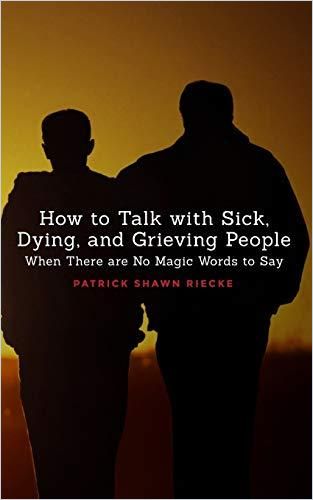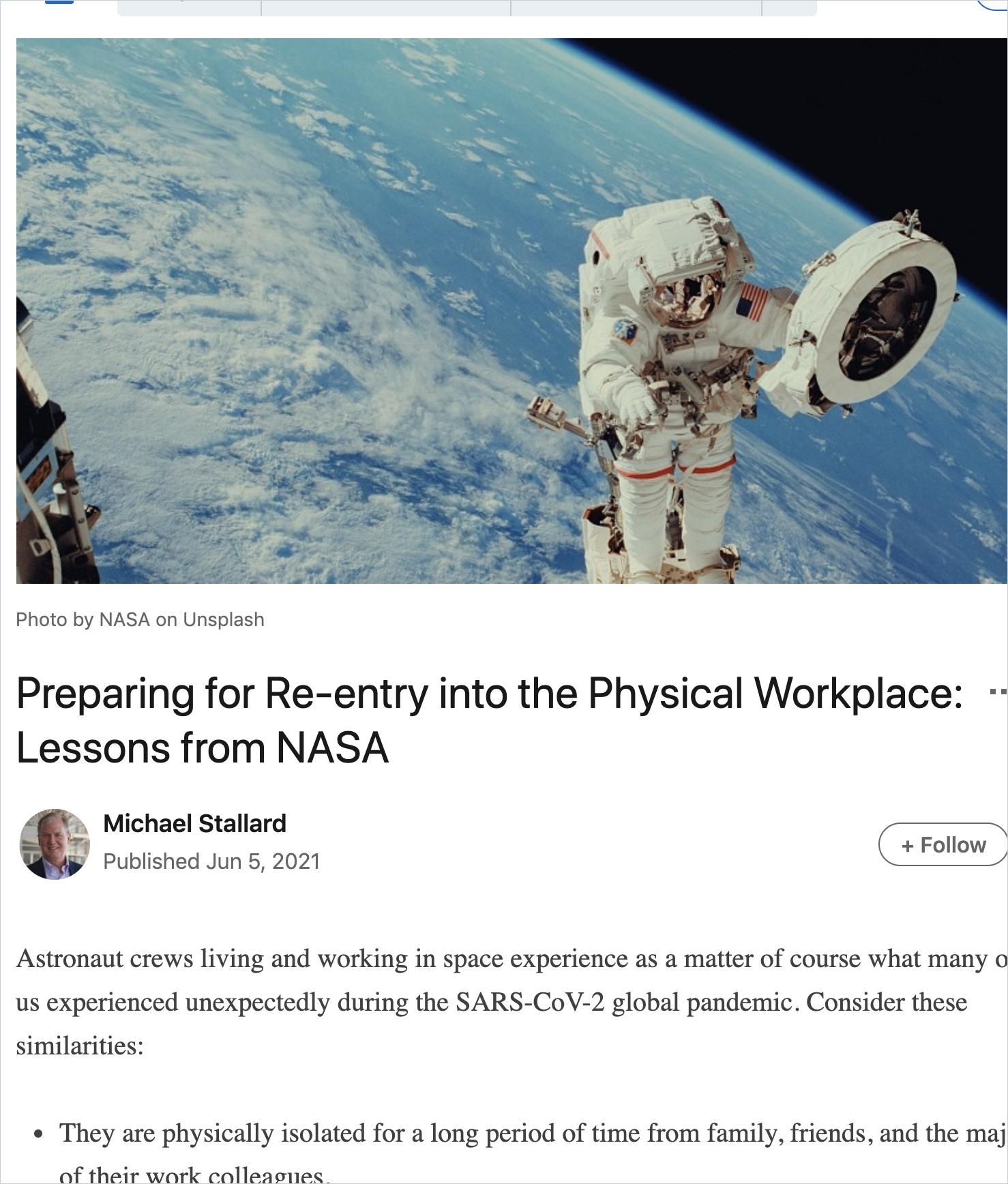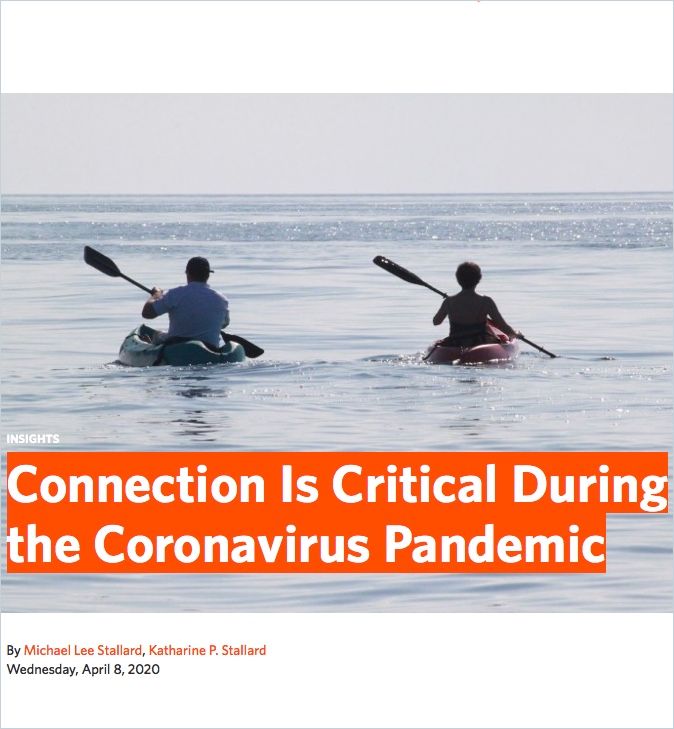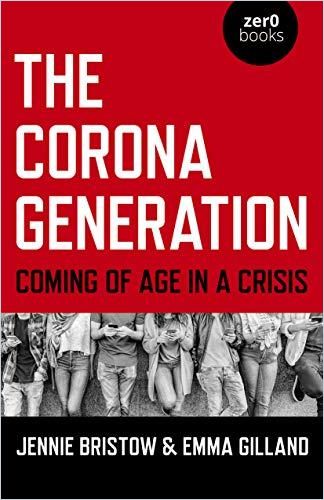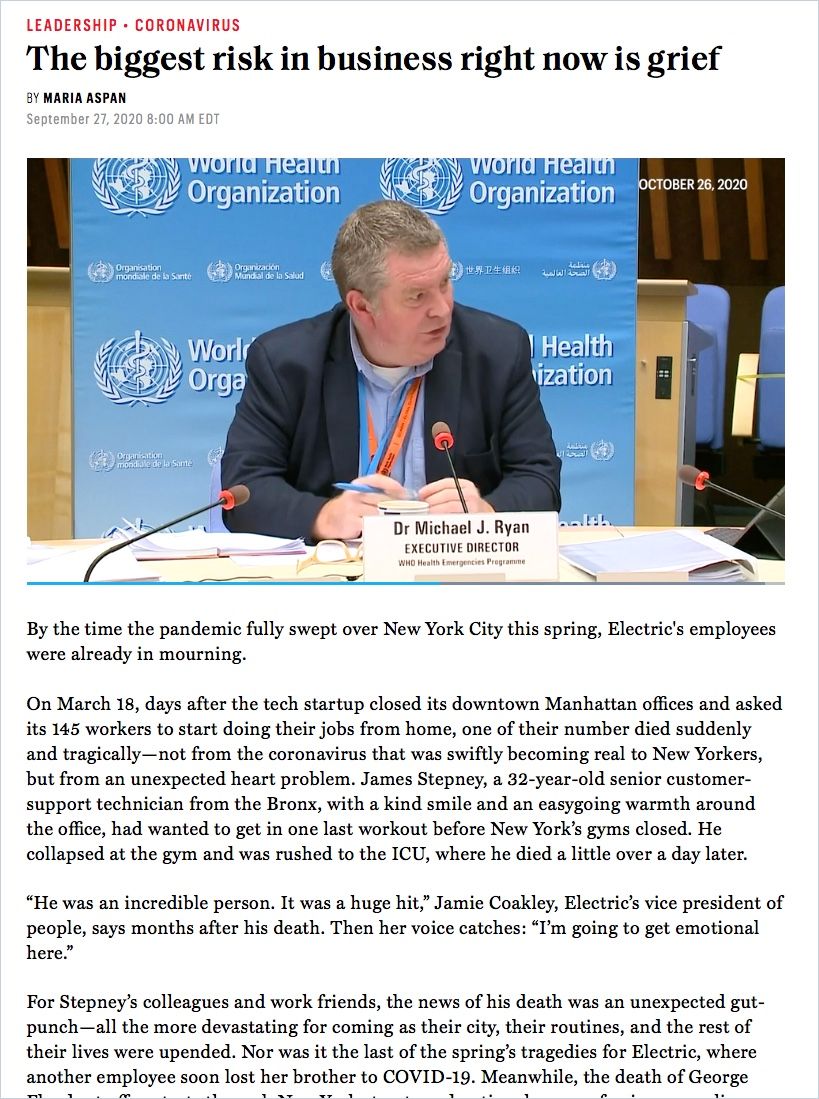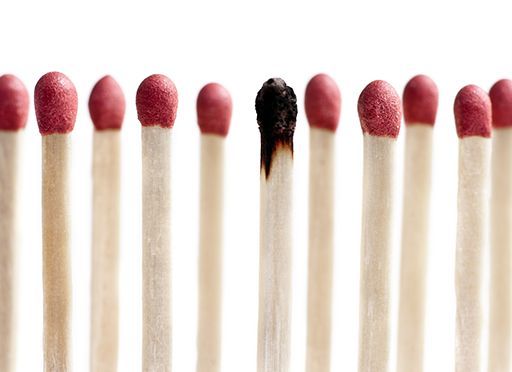Guy Winch
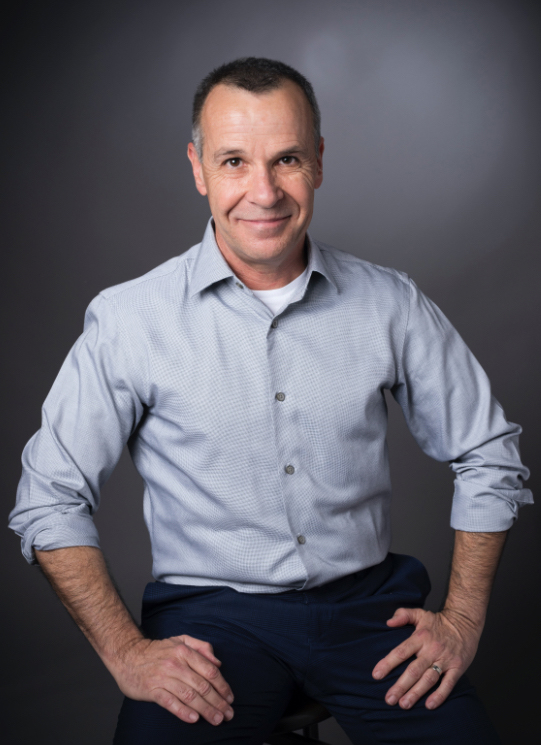
Guy Winch is a clinical psychologist, best-selling author and speaker. As a practicing psychologist, he is passionate about converting science-based findings into actionable techniques to address common psychological struggles ranging from heartbreak to loneliness.
Winch is considered a leading advocate for integrating the science of emotional health into people’s daily lives, workplaces and education systems. He brings practical advice on emotional health to the broader public via his books, TED talks, blogs, columns and, since 2020, the Dear Therapists podcast.
1. Guy Winch’s Key Findings and Messages
- Emotional ailments should be treated with the same kind of urgency as physical injuries – especially since frequent mental distress can have devastating effects on people’s physical health and ability to lead a fulfilling life.
- Given the right tools, people have the power to manage unhelpful emotions and stop ruminating thoughts before they interfere with people’s ability to thrive.
- Learn to complain constructively by “sandwiching” the complaint between two positive statements and making it specific.
- The COVID-19 pandemic exacerbated chronic loneliness and caused widespread mental problems that require broad-based psychological interventions to help people get back on track.
Mental health is about diagnosable conditions like depression and anxiety. Emotional health is about common experiences like loneliness, failure, and heartbreak – the non-diagnosable stuff.
Guy Winch
2. Why Do They Matter?
Guy Winch has a knack for translating research in psychology into actionable tips that everyday people can understand and implement. The basis of his books and columns are real-life challenges his patients face. Millions of people who face similar issues, many of whom may not have access to a therapist, can thus benefit from the mental health strategies Winch has developed for his patients.
3. To Understand Winch’s Work, Start Here
Guy Winch broke out of anonymity when his 2014 TED talk went viral by amassing over 12 million views. His talk started out with a question that deeply resonated with people: Why do we readily seek medical advice for a physical ailment but won’t ask for help when our minds are in agony? It’s time people put the same emphasis on “emotional hygiene” that they give to their physical health, Winch posits.
Highlights:
- Chronic loneliness can be more harmful to your long-term health than smoking.
- Endless rumination after experiencing failure and rejection holds people back from leading a fulfilling life.
- Emotional hygiene means adopting techniques to break negative thought cycles and build up self-esteem.
Our physical health and our emotional health are the twins of our general well-being, and as such, we should treat them equally.
Guy Winch
4. Practical and Quick Insights: Winch’s Talks
Winch followed up with two additional TED talks related to the practice of emotional hygiene: While his 2016 speech offers actionable tips for getting over a breakup, his 2019 talk centers around preventing burnout.
- Amid heartbreak, your usual coping mechanisms fail and your instincts lead you astray.
- The lovelorn behave like addicts seeking a fix, and compulsive thoughts about an ex are the brain’s attempts to satisfy its cravings.
- Fight the addiction by reminding yourself of the reasons why your relationship ended.
- Heal yourself by re-filling the voids the breakup has left in your life.
- On-the-job stress is often not the root cause of burnout. It’s the unproductive ruminative thoughts that invade your mind after hours – a time that should be dedicated to recharging your batteries.
- Break rumination habits by setting up clear work-life boundaries.
- When destructive ruminations arise, attack them by reframing them as problems that require solving.
Ground zero for creating a healthy work-life balance is not in the real world. It’s in our head.
Guy Winch
5. Evaluate the Details: Winch’s Books
Winch’s first book, The Squeaky Wheel: Complaining the Right Way to Get Results, Improve Your Relationships and Enhance Self-Esteem, dissects something we do all the time but poorly understand: complaining. Here are some highlights:
- “Venting” and “complaining” are two different things. When we vent, we seek validation. When we complain, we seek to change something we are unhappy about.
- Complaints can put others on the defensive if we don’t frame them the right way. That’s why we often fall short of changing the situation or issue we complain about.
- Constructive complaints follow a “complaint sandwich” formula: They sandwich the complaint between two positive statements.
- The complaint itself needs to be specific and limited to one incident.
- When addressing a complaint with a customer-service representative, make sure they know you are not attacking them personally but are annoyed with a specific situation or incident.
Winch’s second book, Emotional First Aid: Healing Rejection, Guilt, Failure, and Other Everyday Hurts, offers science-based techniques for dealing with everyday psychological challenges Winch had previously shared with his patients. The book formed the basis of his breakout TED talk featured above.
If you’re hurting, know this: It’s difficult, it is a battle within your own mind and you have to be diligent to win. But you do have weapons. You can fight. And you will heal.
Guy Winch
In 2018, Winch published his third book, How to Fix a Broken Heart, which grew out of his popular TED talk on the same topic. It covers emotional pain caused both by romantic heartbreak and by the loss of a cherished pet.
Highlights:
- Heartbreak has a negative impact on our cognitive abilities, including our ability to reason, solve problems and think creatively.
- Like grief and loss, a broken heart can cause sleeplessness, intrusive thoughts or immune impairment.
- Most people fail to appreciate the intense grief associated with heartbreak and thus often fail to give sufferers the validation and support they need to heal.
- Recovery from heartbreak starts with a decision to end the vicious cycle of rumination and move on.
- Heal yourself by filling the voids caused by the breakup: Find new activities; redecorate your home; connect with friends and family; and rebuild your identity and your purpose.
6. Additional Resources: Therapist Advice Columns
Winch regularly shares actionable advice from his practice with patients in his Squeaky Wheel Blog on PsychologyToday.com. In his Dear Guy column on Ted.com, Winch answers reader questions about “life, love and what matters most.” Surely everyone can relate to one or the other life issue he covers:
- Loneliness – Learn how to break free of loneliness and why adopting a pet might help.
- Psychological planning for retirement – Many people struggle with a loss of structure or purpose when they stop working. Winch takes a soon-to-retire IT professional through four steps of addressing the emotional aspects of retirement.
- Complaining – Learn what you should avoid doing when you want to improve situation. If you want to address something you don’t like in your relationship with your significant other, read this first.
- Irritability – Receive actionable advice on how to keep your cool.
- Fighting – Winch offers advice on how to fight fair in a relationship and how a code phrase might help.
If you’ve always wondered what it’s like to be in a therapy session, you can now be a fly on the wall thanks to the Dear Therapists podcast Winch launched with colleague Lori Gottlieb.
7. Deep Dive: Recovering from the Covid-19-Era Mental Health Epidemic
As part of the UK government’s mental health recovery plan, Winch has been appointed as a policy adviser on promoting mental health post-pandemic. He outlined the mental health challenges related to the pandemic in an op-ed published in The Boston Globe:
- COVID-19-related social distancing has exacerbated the loneliness epidemic, especially among young adults and millennials, that had prompted the UK government to launch a loneliness strategy in 2018. Chronic loneliness has been correlated with a 26% higher risk of premature death.
- Grief, the fear of losing a lost one and mourning the loss of activities and plans that the pandemic disrupted are weighing on millions of people.
- Uncertainty about the future can lead to anxiety, which can trigger sleep disturbances, low mood and depression. Health care and frontline workers may need professional help to deal with PTSD.
- As social-distancing requirements are lifting, many people will struggle with resuming social contact after months of avoiding it.
- Lockdowns are hard on relationships. Many couples will need guidance to repair rifts developed during the pandemic.
- Governments and health care institutions are poorly prepared to deal with the acute mental health needs brought on by the pandemic. Following on the heels of successful vaccination programs, governments must roll out broad-based psychological interventions to help people get back on track mentally and emotionally.
Find additional resources COVID-19 and mental health in the getAbstract library.
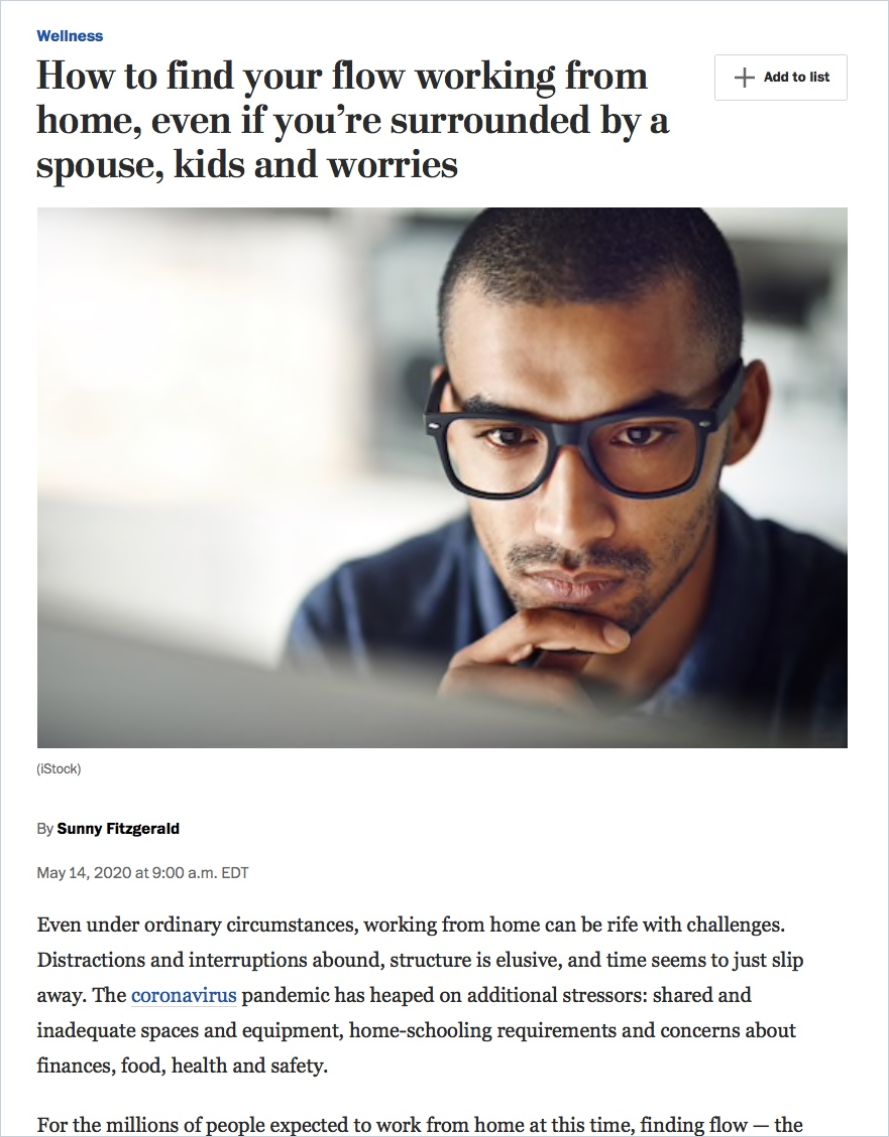
How to find your flow working from home, even if you’re surrounded by a spouse, kids and worries.
The Washington Post Read Summary8. Related Articles from Our Journal
We have already covered Winch’s topics several times in our Journal – and the articles are full of further actionable advice.
